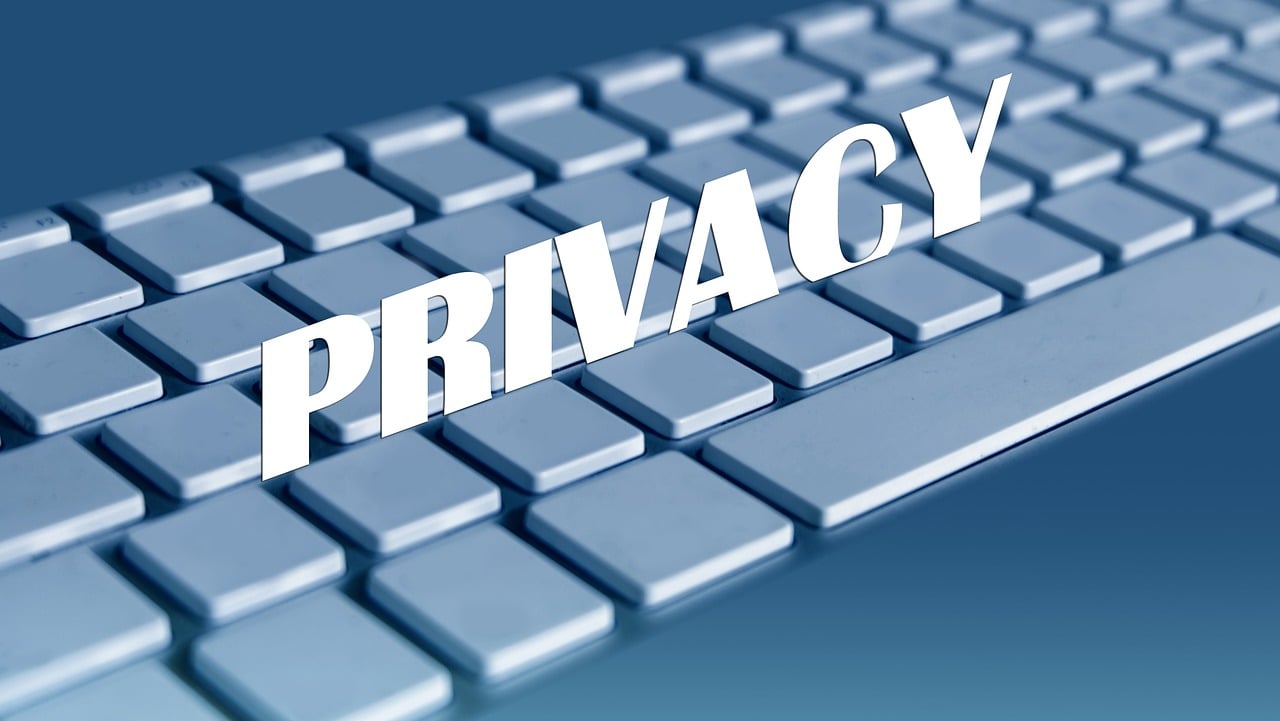In a world where digital interactions have become the norm, data privacy is a topic that touches every aspect of our lives. From social media to online banking, shopping, and even healthcare, our personal information is constantly being collected, stored, and sometimes shared. But how important is data privacy, really? Is it something we should be concerned about, or is it just another buzzword in the tech world? Let’s dive into the significance of data privacy and why it matters more than ever.
What Is Data Privacy?
Data privacy refers to the right of individuals to control how their personal information is collected, used, and shared. This includes details like names, addresses, social security numbers, financial information, and even behavioral data like browsing history and purchase patterns. The goal of data privacy is to protect individuals from unauthorized access to their information, ensuring that their personal data is handled responsibly and securely. If you´d like to know which steps you can take by yourself to keep your data secure, visit jpost.com.
The Growing Importance of Data Privacy
1. Protection Against Identity Theft:
One of the most immediate concerns related to data privacy is identity theft. When personal information falls into the wrong hands, it can be used to commit fraud, steal money, or access sensitive accounts. This can lead to significant financial loss, damaged credit, and a long, arduous process to reclaim your identity.
2. Preserving Personal Freedom:
Data privacy is not just about protecting your finances—it’s also about preserving your freedom. Without data privacy, every aspect of your life can be tracked, analyzed, and potentially manipulated. Companies and governments could use your personal data to influence your decisions, whether it’s what products you buy, who you vote for, or what news you see. In a world where privacy is compromised, true personal freedom is at risk.
3. Building Trust in the Digital Economy:
For businesses, data privacy is crucial in building and maintaining trust with customers. Consumers are becoming increasingly aware of how their data is being used, and they expect companies to handle their information with care. A strong commitment to data privacy can enhance a company’s reputation, while data breaches or misuse can result in significant damage, including loss of customers, legal penalties, and a tarnished brand image.
4. Compliance with Laws and Regulations:
Governments around the world are enacting strict data privacy regulations to protect their citizens. The General Data Protection Regulation (GDPR) in the European Union and the California Consumer Privacy Act (CCPA) in the United States are examples of laws that give individuals greater control over their personal data. Compliance with these regulations is not optional; businesses that fail to adhere can face substantial fines and legal consequences.
The Risks of Ignoring Data Privacy
Neglecting data privacy can have severe repercussions, not just for individuals but for society as a whole. Without proper safeguards, sensitive information can be exposed, leading to breaches that impact millions. For instance, the massive data breaches at companies like Equifax and Facebook have shown just how vulnerable our personal information can be, and how devastating the consequences of poor data privacy practices are.
Moreover, the loss of privacy can lead to a loss of autonomy. If your every move online is tracked, you become a target for manipulation through personalized advertising, political messaging, and even social engineering. This erosion of privacy can fundamentally alter how we perceive and interact with the world around us.
Taking Control of Your Data
While companies and governments have a significant role to play in ensuring data privacy, individuals also need to take proactive steps to protect their personal information. Here are a few tips:
- Be cautious about what you share online: Think twice before posting personal details on social media or filling out forms that ask for sensitive information.
- Use privacy-focused tools: Consider using encrypted messaging apps, secure browsers, and VPNs to protect your online activity.
- Regularly review privacy settings: Check the privacy settings on your social media accounts, apps, and devices, and adjust them to limit data sharing.
- Stay informed: Keep up to date with the latest developments in data privacy and understand your rights under relevant laws.
Conclusion: Privacy Is Power
In the digital age, data privacy is not just a concern for the paranoid—it’s a fundamental human right. Protecting your personal information means protecting your identity, your freedom, and your autonomy. As our lives become increasingly digitized, the importance of data privacy will only continue to grow. By valuing and protecting our privacy, we can ensure that we remain in control of our own lives, free from undue influence and exploitation.



